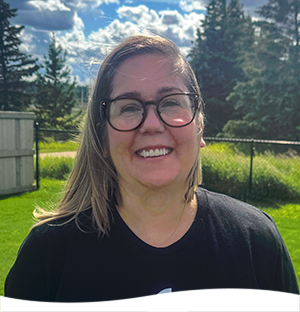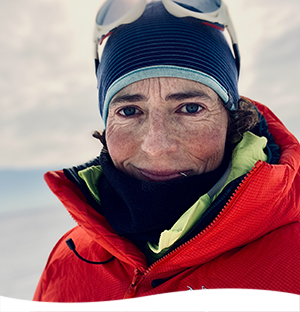
– Paul Hawken
Supporting TRI means tackling the most pressing issues of our time through programming that breaks down barriers to action and helps people implement strategies that build resilience to climate impacts.
The urgency to address climate and sustainability challenges is increasing, and so too is the demand for TRI’s work. It is critical that we increase our capacity to deliver climate adaptation programming.
We are deeply grateful for the partners and donors who enable The Resilience Institute to create climate-resilient futures. For a list of supporters since our inception, please visit our Village of Hope partners page. By joining our Village of Hope, you will make a difference.
You can sign-up here to receive TRI’s Quarterly Updates.

Canada Helps supports Canadian charities, no matter how big or small. Offering much more than donation processing, they enable fast disbursements, and provide robust reporting and the best fundraising technology to charities nationwide. Learn more.

PayPal Giving Fund Canada helps people support their favourite charities online without charging for its services, ensuring that 100% of each gift made is available to their charity of choice. Learn more.

Direct Transfers can be made through: finance@resilienceinstitute.ca

Please contact Sandra Lunder, Philanthropy Specialist, to learn more about supporting our initiatives through corporate and legacy giving: Vision2030@resilienceinstitute.ca

There is too much of a delay between planning and action to reduce vulnerabilities to climate impacts. The Adaptation Action Fund is a flexible pool of funding that will enable the implementation of community-identified adaptation and disaster risk reduction strategies – without delay.

Laura Stewart is the Community Wildfire Resilience Coordinator with Forsite Fire, supporting communities across Canada with wildfire risk assessments, mitigation planning, and program delivery. She has more than a decade of experience advancing wildfire resilience at Indigenous, municipal, provincial/territorial, and national levels. Previously, Laura served nearly eleven years as Alberta’s Provincial FireSmart Specialist, leading community, WUI, neighbourhood, and Home Ignition Zone programs, coordinating funding, and partnering with communities and fire services across the province. She has also served as Board Chair with both the Partners in Protection Association (FireSmart Canada) and the Community Wildfire Resilience Association of Alberta.

Sara Walsh, PhD, is a disaster risk reduction and climate resilience specialist with more than 15 years of experience spanning Canada, Nepal, the Middle East, and North Africa. Until November 2025, she served as Thematic Lead for Climate and Resilience with the International Federation of Red Cross and Red Crescent Societies (IFRC), where she supported Red Cross and Red Crescent Societies to strengthen their climate and risk reduction work across the region. Sara currently works as a freelance consultant with the United Nations, governments, and humanitarian organizations on recovery, risk governance, and community-based resilience. She teaches at a Canadian university and holds a PhD in Disaster Risk Reduction. Her work emphasizes anticipatory action, equity, and bridging research with practice to shape more resilient and sustainable futures.

Alison Criscitiello, PhD, is an ice core scientist and high-altitude mountaineer who explores the history of climate and sea ice in polar and high-alpine regions using ice core chemistry. Alison’s work also focuses on environmental contaminant histories in ice cores from the Canadian high Arctic and the water towers of the Canadian Rockies. In 2010, she led the first all-women’s ascent of Lingsarmo, a 22,818-foot peak in the Indian Himalaya. Alison has earned three American Alpine Club (AAC) climbing awards, the John Lauchlan and Mugs Stump alpine climbing awards, as well as the first Ph.D. in Glaciology ever conferred by MIT. She is an Assistant Professor and the Director of the Canadian Ice Core Lab at the University of Alberta. She is the co-founder of Girls on Ice Canada.